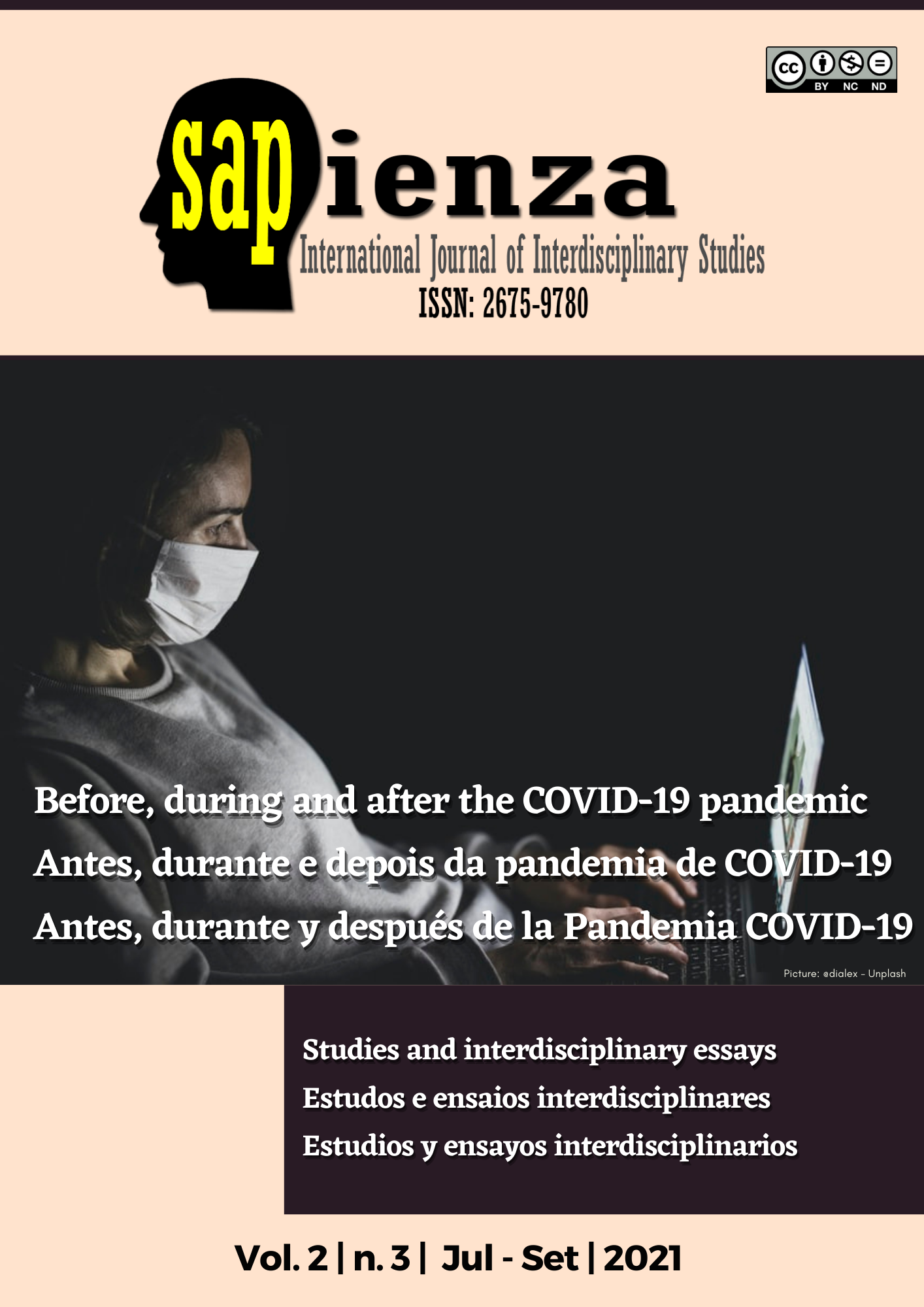Effectiveness of project PFRATH on reading performance of grade one pupils in mother tongue based-multilingual education
DOI:
https://doi.org/10.51798/sijis.v2i3.125Keywords:
Project Parents Facilitate Reading at Home (PFRATH); education; lecture skills.Abstract
This study aims to determine the effectiveness of Project “Parents Facilitates Reading at Home” (PFRATH) to the reading performance of Grade One Pupils of Tuban Elementary School, Santa Cruz South District in Mother Tongue-Based Multilingual Education (MTB-MLE). The respondents of this study were the forty-six (46) Grade One Pupils whose reading proficiency was categorized as Non-decoder, Beginning and Developing level based on Early Grade Reading Assessment (EGRA) results conducted last February, 2021. This action research is a quantitative study that employed single group experimental research design using EGRA as an Assessment Tool. The researchers analyzed the data obtained in the Pre-Test and Post-Test in terms of Decoding Skill and Sentence Reading Skill of the respondents. Then, t-test was used to compare the results of tests through employing Statistical Package for the Social Sciences (SPSS) software application. The result shows that there is a significant difference between the pre-test and post test scores of the Decoding Skill and Sentence Reading Skill as evidenced by the calculated t-value and p-value. Therefore, Project PFRATH is found to be effective in improving the reading performance of the Grade One pupils. Based on the findings, the researchers made the following recommendations. The school may adopt the Project PFRATH to intensify its Reading Program. Teachers from other grade levels may utilize the Project PFRATH as reading intervention to help pupils improve their reading skill. For future researchers, a similar study on Project PFRATH may be conducted in DepEd Schools.
References
Cassidy, J. Garcia, R., Tejeda-Delgado, C., Garrett, S.D., Martinez-Garcia, C.& Hinojosa
R.V. (2004). A learner –centered family literacy project for Latino parents and caregivers. International Reading Association, (478-488).
Darch, C., Miao, Y., & Shippen, P. (2004). A model for involving parents of children with
Learning and behavior problems in the school. Preventing School Failure, 48(3), (24-34).
Darling, S. (2005). Strategies for engaging parents in home support of reading acquisition. International Reading Association, (476-479).
Hindin, A, & Paratore, J.R. (2007). Supporting young children’s literacy learning through
home- School partnerships: The effectiveness of a home repeated-reading intervention. Journal of Literacy Research, 39(3), (307-333)
Roberts, Kathleen P. (1976) “The Reading Teacher” A Journal Article Vol. 30, No. 3 (Dec., 1976), pp. 246-250 (5 pages) Published By: International Literacy Association
Tekin, Ali (2011) “Parent Involvement Revisited: Background, Theories and Models” A Journal Volume 10, International Journal of Applied Educational Studies.
Xue, Yang (2019) “The Use of Schema Theory in the Teaching of Reading Comprehension” International Journal of Liberal Arts of Social Sciences, pp. 60.
Downloads
Published
How to Cite
Issue
Section
License
Copyright (c) 2021 Dina M Hubag, Eunice F. Elona, Mart Juffer M. Felisilda

This work is licensed under a Creative Commons Attribution-NonCommercial-NoDerivatives 4.0 International License.




